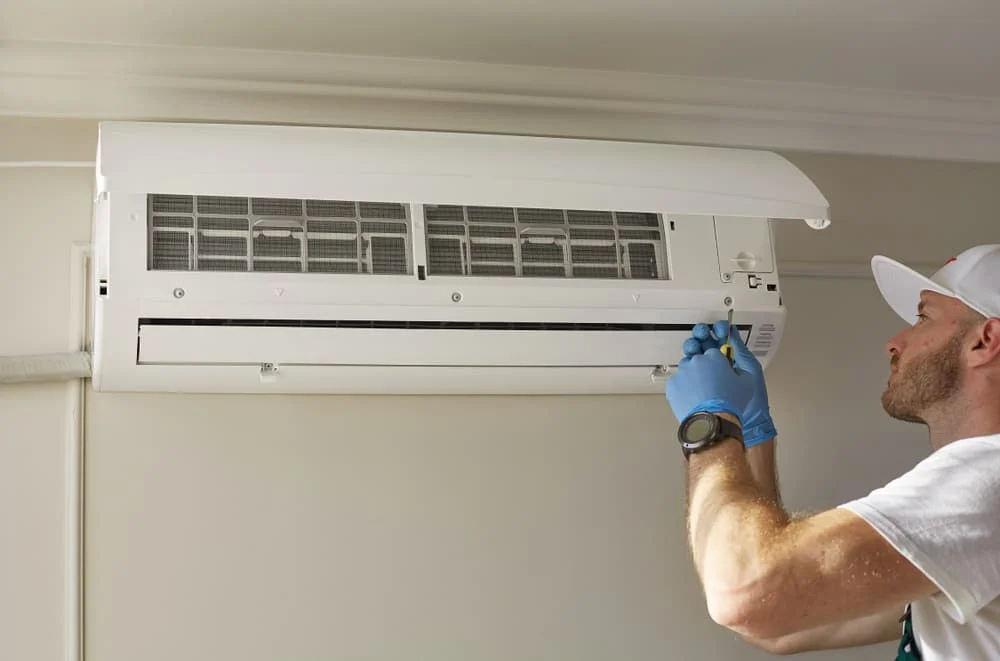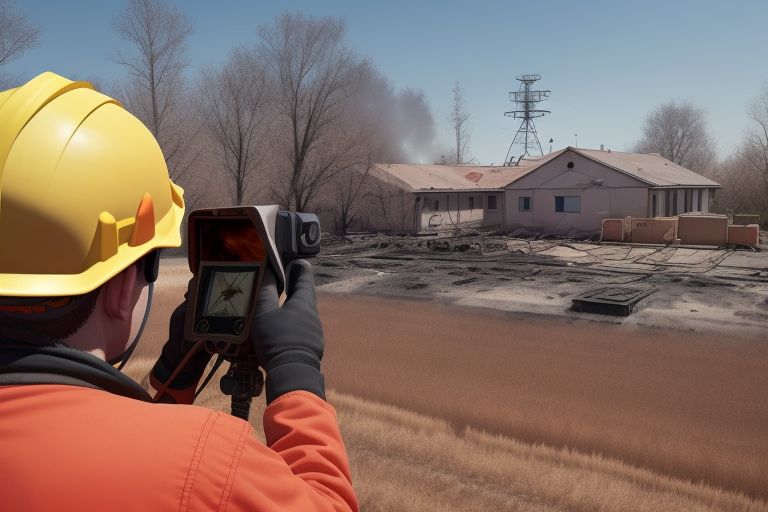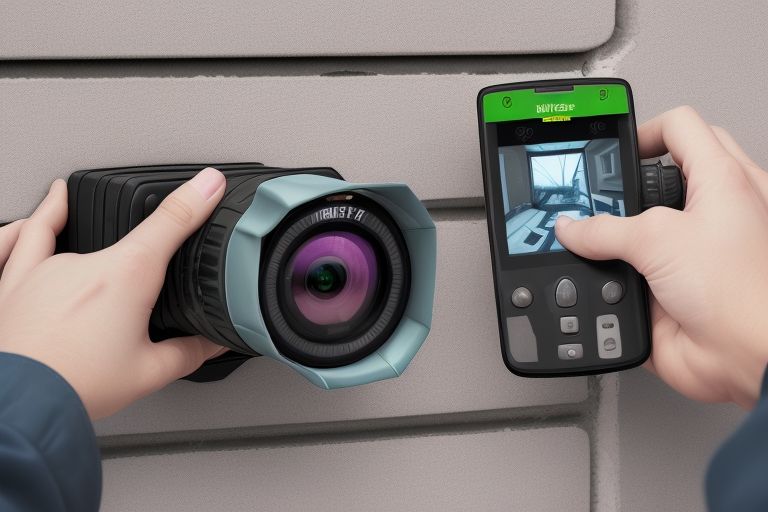
Breaking AC
Air Breaking AC is essential in modern life, particularly in regions where heat can be unforgiving. But what happens when your AC unit stops functioning? This detailed guide dives into the intricacies of Breaking AC understanding the signs and causes of a malfunctioning unit to preventative measures and repair tips. Whether you’re a homeowner, a business owner, or just someone trying to survive a heatwave, this article will equip you with the knowledge to keep your cool—literally and figuratively.
What Is Breaking AC and Why Does It Matter?
The Role of Air Conditioning in Everyday Life
Air conditioning systems do more than just cool the air. They regulate humidity, filter dust and allergens, and provide a comfortable living and working environment. In many ways, AC systems are integral to health and productivity. When they break down, the impact can range from minor discomfort to significant health risks, especially for vulnerable populations.
What Does “Breaking AC” Mean?
“Breaking AC” refers to the malfunction or complete failure of your air conditioning system. It can manifest as reduced cooling efficiency, unusual noises, or even the complete cessation of operations. Understanding the terminology can help you communicate effectively with professionals and identify solutions more quickly.
Why Understanding the Issue Matters
Being informed about air conditioning problems allows you to take swift action. Prompt intervention can save money, prevent further damage, and ensure your comfort isn’t compromised for long. Knowing the basics can also protect you from being overcharged by less-than-honest repair services.
Common Signs of a Breaking AC

Warm Air Instead of Cool Air
One of the most apparent signs of a malfunctioning Breaking AC is its inability to cool the room. This can be caused by several issues, such as a refrigerant leak, a clogged air filter, or a problem with the compressor.
Unusual Noises
If your AC starts making grinding, banging, or Breaking AC squealing sounds, it’s a sign that something is wrong internally. These noises often indicate loose or damaged components, such as a failing motor or a loose belt.
Weak or Inconsistent Airflow
Weak airflow can point to a clogged air filter, blocked ducts, or a failing blower motor. This problem not only reduces efficiency but also strains the system, potentially leading to a complete breakdown.
Root Causes of AC Breakdowns

Lack of Regular Maintenance
Just like any machine, your air conditioning system requires routine maintenance to function optimally. Ignoring maintenance schedules can lead to dirt buildup, reduced efficiency, and eventual failure.
Electrical Issues
Faulty wiring, blown fuses, or a malfunctioning thermostat can cause your Breaking AC to stop working. These issues not only compromise the system but also pose a safety risk.
Refrigerant Leaks
Refrigerant is the lifeblood of your AC system. Low levels due to leaks can hinder cooling efficiency and damage the compressor over time.
Preventative Measures to Avoid Breaking AC
Regular Maintenance Checks
Routine inspections by a qualified technician can identify potential issues before they escalate. Schedule a professional check-up at least once a year, ideally before summer begins.
Replace Air Filters Frequently
A clogged air filter can restrict airflow, reduce Breaking AC efficiency, and strain the system. Replace your filters every 1-3 months, depending on usage and environmental factors.
Optimize Thermostat Usage
Setting your thermostat to an optimal temperature (typically around 78°F in summer) can reduce strain on the system. Smart thermostats can further enhance efficiency by learning your habits and adjusting settings accordingly.
DIY Troubleshooting for a Breaking AC
Check the Power Supply
Sometimes, the problem is as simple as a tripped circuit breaker or an unplugged unit. Always start by checking the power supply before calling for repairs Breaking AC.
Inspect the Air Filters
Dirty air filters are one of the most Breaking AC common culprits of reduced performance. Inspect and replace them if they appear clogged.
Clean the Outdoor Unit
Debris like leaves and dirt can obstruct the outdoor unit, reducing efficiency. Turn off the power and use a garden hose to clean the unit gently.
When to Call a Professional
Persistent Issues Despite Troubleshooting
If your AC continues to underperform despite your best efforts, it’s time to call a professional. Persistent problems often indicate deeper issues that require specializedBreaking AC tools and expertise.
Electrical or Refrigerant Problems
Electrical issues and refrigerant leaks are not DIY-friendly and require immediate professional attention to ensure safety and compliance with environmental regulations.
System Age and Wear
If your AC system is over 10-15 years old, frequent breakdowns may signal it’s time for a replacement. Consult a technician to evaluate whether repairs or a new Breaking AC system is more cost-effective.
How to Choose the Right AC Repair Service
Look for Certified Technicians
Ensure the service provider employs certified professionals with experience handling your specific brand and model of AC.
Read Reviews and Testimonials
Customer reviews can provide valuable insights into the reliability and quality of the service. Look for consistent positive feedback on punctuality, expertise, and transparency.
Get a Written Estimate
Always ask for a detailed, written estimate before agreeing Breaking AC to any repairs. This protects you from unexpected charges and ensures transparency.
Future-Proofing Your Air Conditioning System
Upgrade to Energy-Efficient Models
Modern AC units are more energy-efficient, reducing both your carbon footprint and energy bills. Look for units with high SEER ratings and eco-friendly refrigerants.
Embrace Smart Technology
Smart thermostats and monitoring systems can optimize your AC’s performance and notify you of potential issues before they become major problems.
Invest in Quality Installation
Even the best AC system won’t perform well if it’s not Breaking AC installed correctly. Work with a trusted professional to ensure proper sizing and installation for your space.
Conclusion: Staying Cool and Prepared
Dealing with a breaking AC can be stressful, but understanding the signs, causes, and solutions can make the process much smoother. Regular maintenance, proactive troubleshooting, and timely professional intervention are your best defenses against unexpected breakdowns. By staying informed and prepared, you can ensure your AC system remains a reliable source of comfort for years to come.






